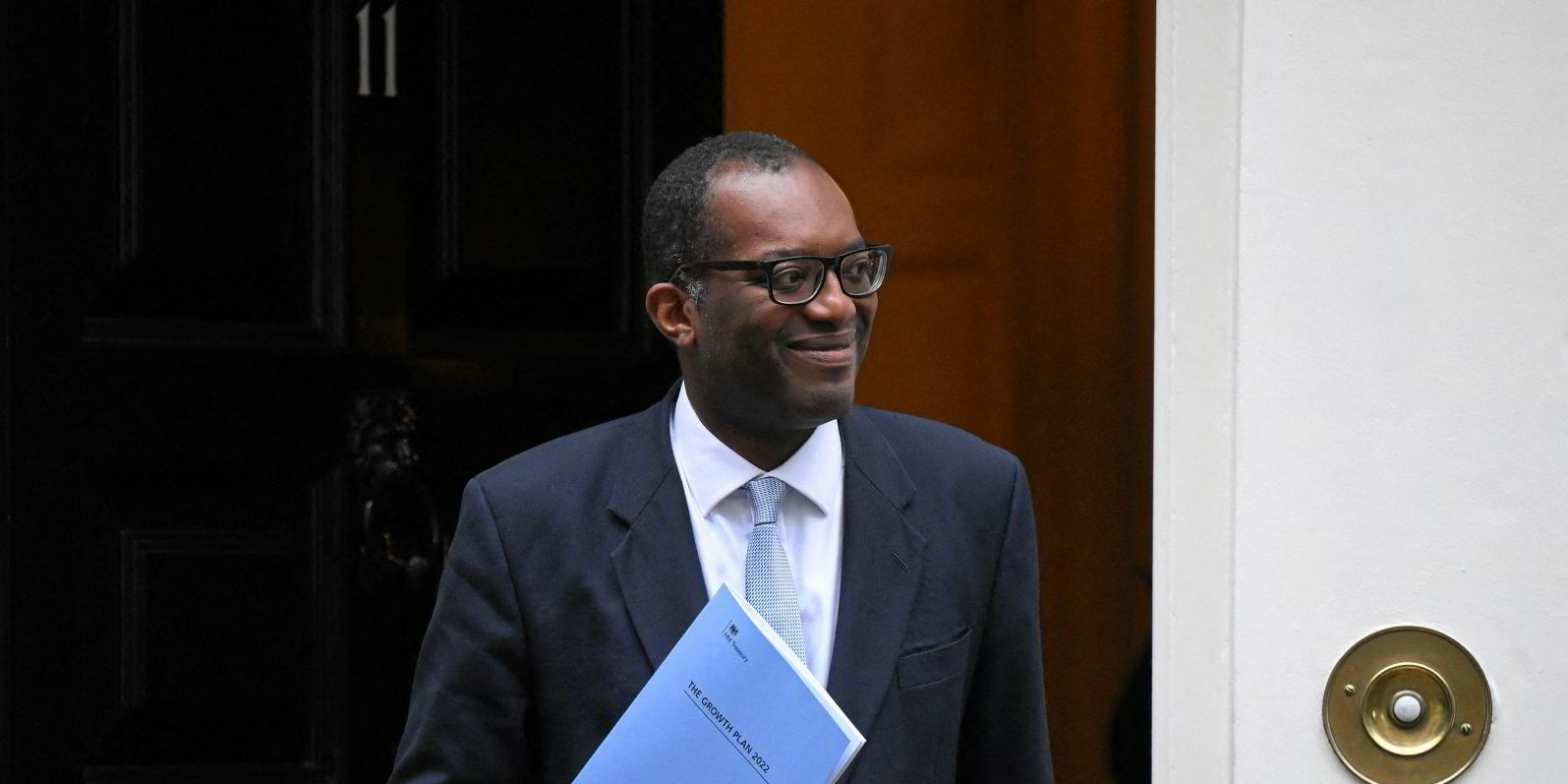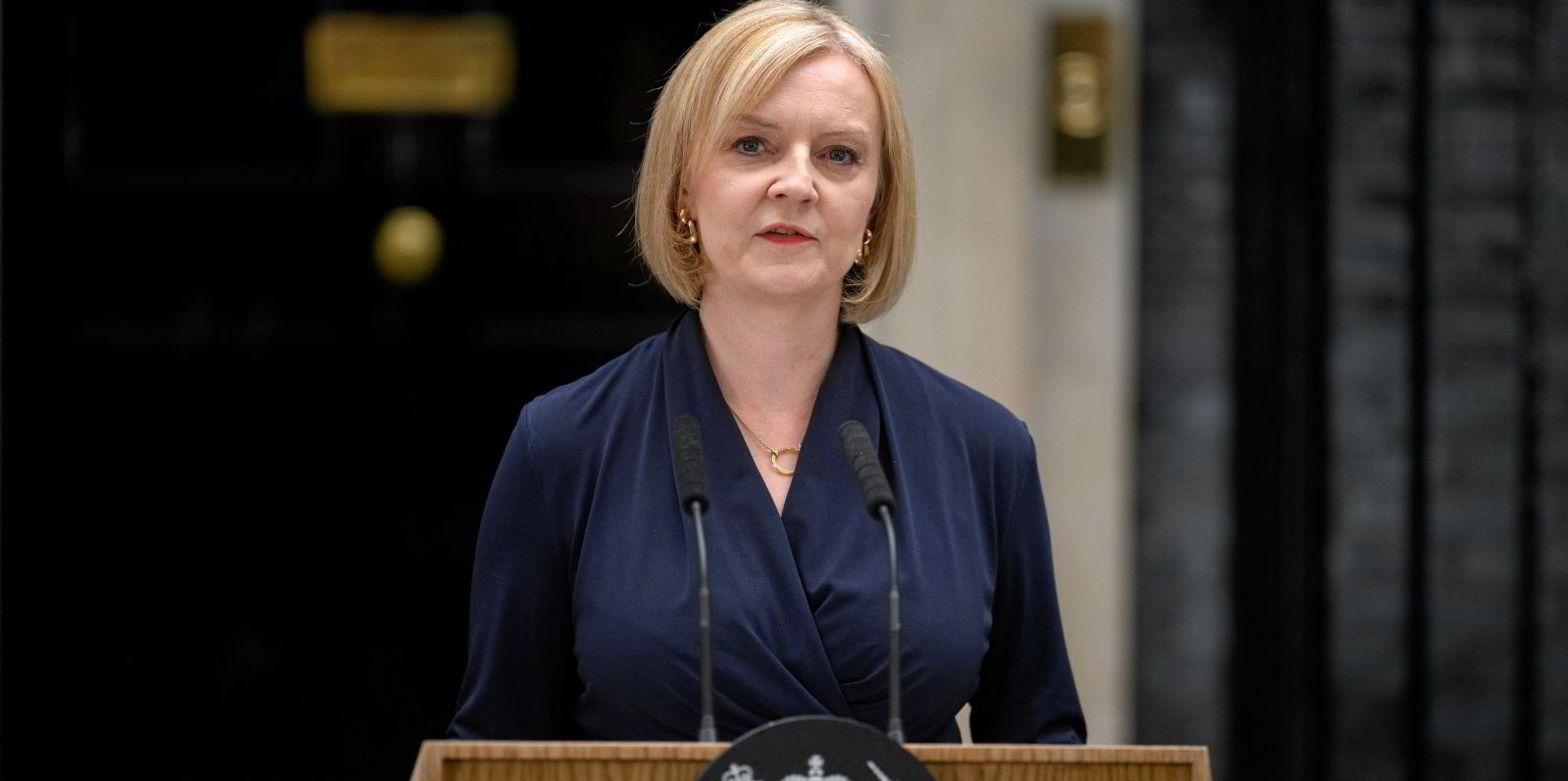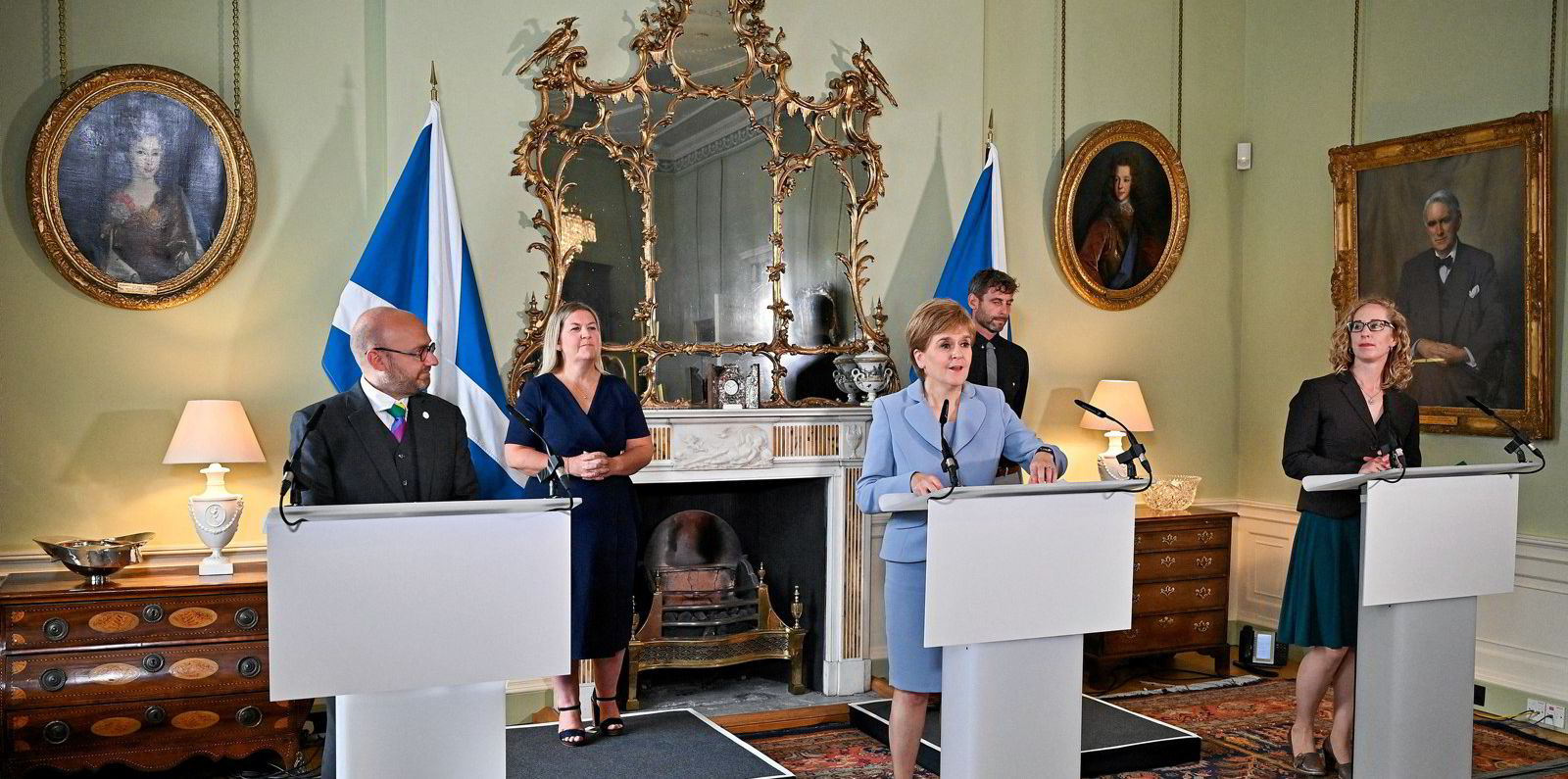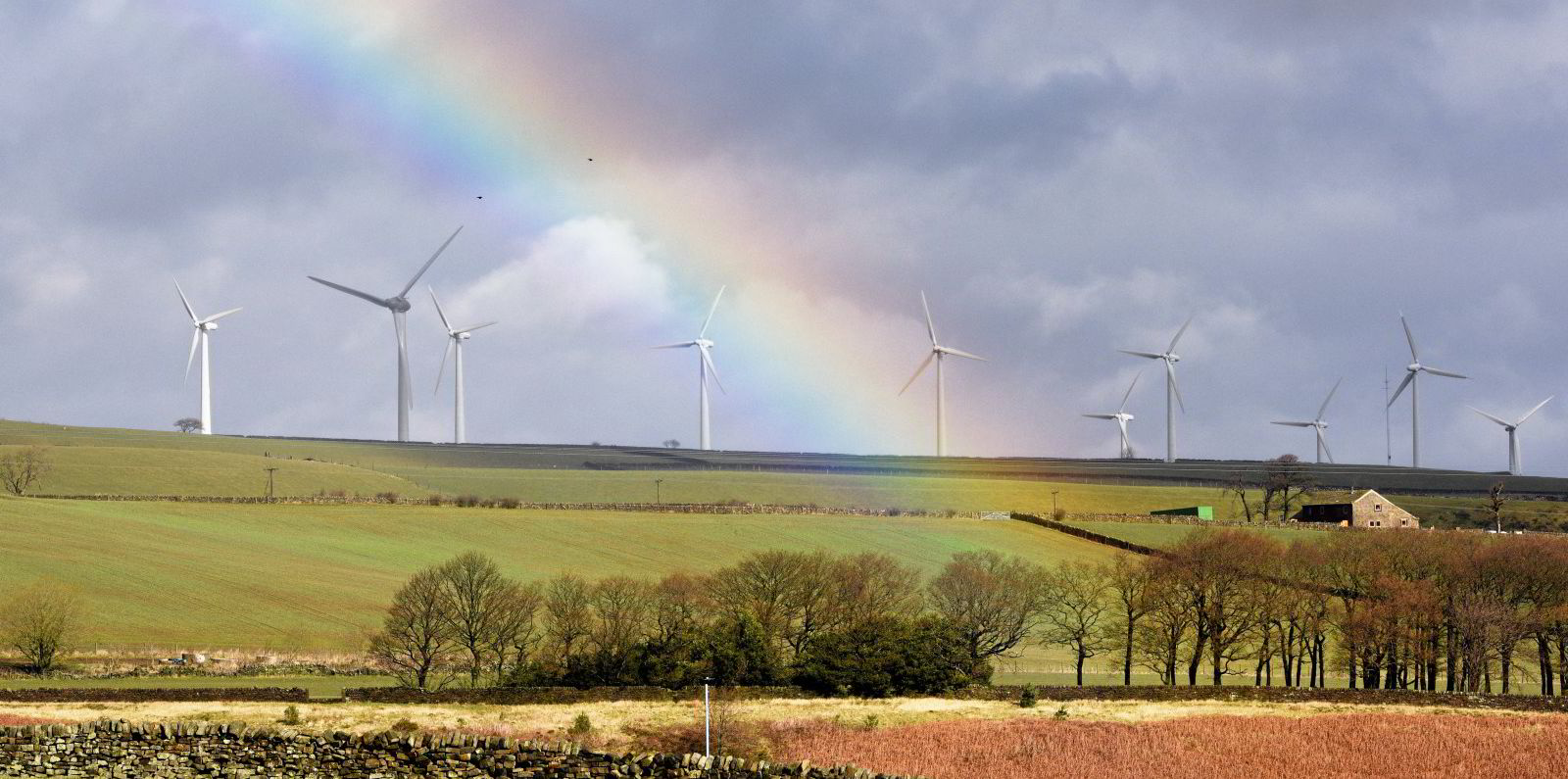The UK government pledged to “unlock the potential of onshore wind” as it announced a major softening of policy towards the renewable source.
The UK’s newly installed finance minister, chancellor of the exchequer Kwasi Kwarteng, today (Friday) unveiled a raft of policies designed to kick-start economic growth including moves to sweep away planning and consenting obstacles for offshore wind projects off Britain.
But the promised policy measures also included moves to bring onshore wind consenting “in line with other infrastructure”.
Onshore wind in England has since 2015 been subject to planning restrictions that have made development almost impossible in many cases, sending deployment rates off a cliff in the UK's largest nation. Promises to clamp down on onshore turbines formed a central part of the ruling Conservative Party's winning election manifesto that year, egged on by supportive newspapers such as The Telegraph.
Although onshore wind was reinstated to the UK’s contract-for-difference (CfD) renewables support mechanism in time for this year’s latest round, critics said keeping planning obstacles would be absurd given the sector’s ability to rapidly deploy large amounts of zero-carbon power capacity of the type Britain badly needs.
In 2022’s CfD auction onshore wind farms came in with strike prices of just over £42/MWh, compared to a UK wholesale power price that by September was running at almost 10 times that level thanks to sky-high gas costs.
Green campaigners also warned against the paradox of relaxing planning rules for shale gas fracking but not onshore wind in a nation that has signed a legally binding 2050 net zero target.
The UK’s Conservative government, now led by Prime Minister Liz Truss since the ousting of predecessor Boris Johnson, may also have taken note of a string of polls showing the popularity of onshore developments, although documents accompanying Kwarteng's announcement makes no mention of solar.
Industry group RenewableUK’s CEO Dan McGrail said: “Removing the block on onshore wind in England means we can generate significantly more cheap electricity for hard-pressed billpayers in areas where projects have local support. Once projects have planning permission they can be up and running within a year, so this technology offers us a great opportunity to tackle the cost of energy crisis.
“Speeding up the planning process for offshore wind is vital too, as it will allow us to unlock an enormous amount of new capacity much faster and help us to meet the Government’s target of quadrupling our offshore wind capacity by 2030.”
Jess Ralston, Senior Analyst at the Energy and Climate Intelligence Unit (ECIU) think-tank said: “The ban on onshore wind – which around 8 in 10 people support – has been a major anomaly in British energy policy given it's both cheap and popular with the public. So a decision to lift the ban suggests the new government has listened to the experts and understands building more British renewables reduces our reliance on costly gas and so brings down bills.”
Nigel Pocklington, CEO of renewable energy supplier Good Energy, added: “It is unclear why the government has chosen not to award any fanfare to lifting the ban on popular, cheap and green onshore wind, especially when lifting the ban on unpopular, expensive and environmentally unsound fracking has been much heralded.
“But communication choices aside, it is the right decision to bring consenting in line with other infrastructure and should be celebrated.”




